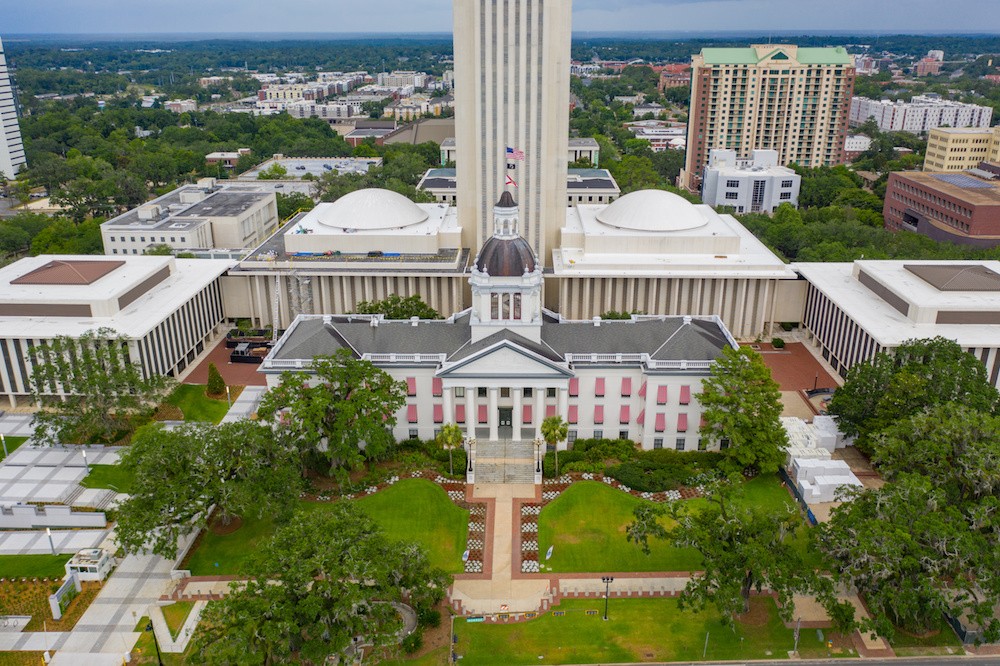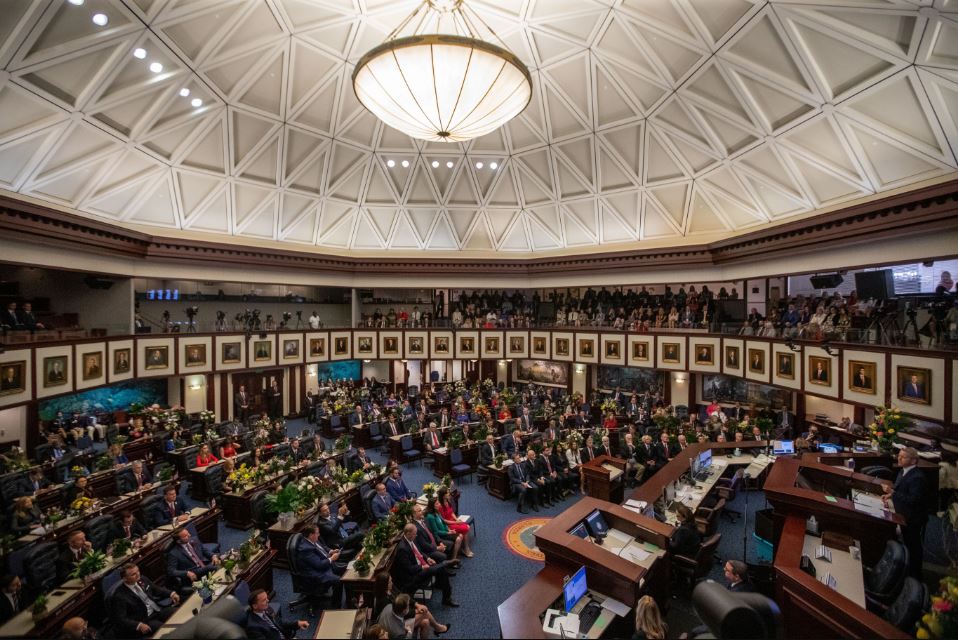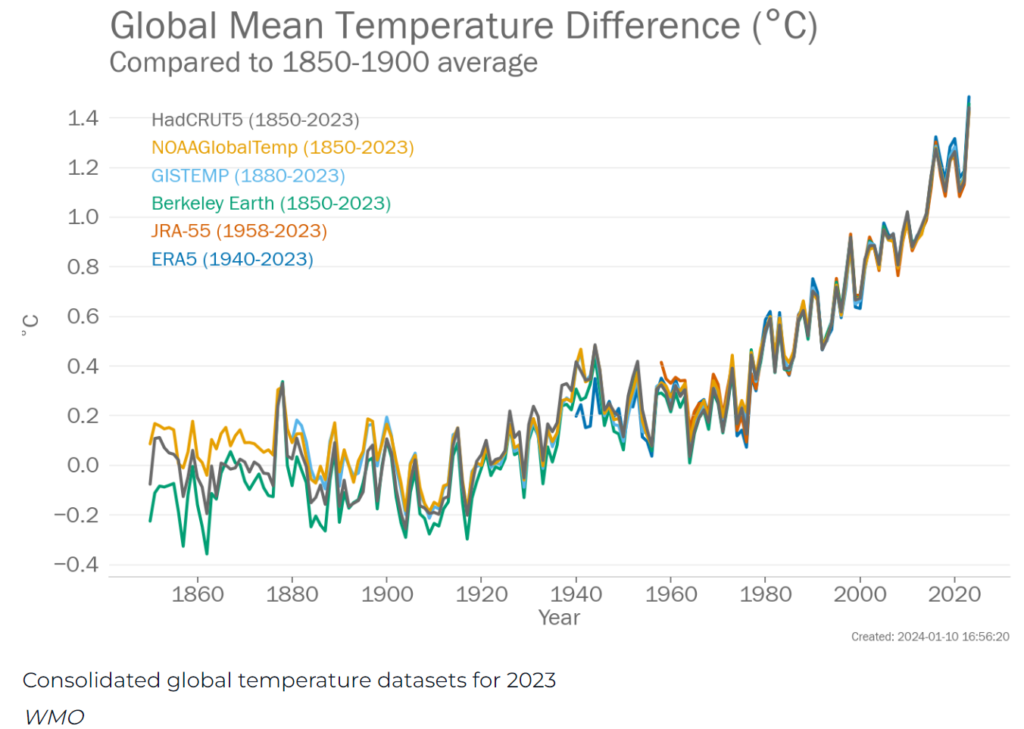Backward Part 2
My recent post, Backward, received a number of responses that expressed shock (and anger) that state lawmakers would be trying to remove phrases such as “climate change” from existing laws or seek to effectively outlaw sustainable wind energy, amongst other backwards steps to Florida’s energy policy. Many readers asked what they can do to voice their concerns about the proposed law (Senate Bill 1624 and House Bill 1645) and I am going to share a few suggestions with you in response in just a moment.
First, though, allow me to share a link to another recent article, in this case from the Tampa Bay Times, about the House of Representatives version of the Bill (HB1645) I wrote about a few days ago. The article further details some of the horrible steps that the proposed new law will take and even quotes it’s sponsor, Representative Bobby Payne from Palatka, Florida. Representative Payne shares his reasoning for sponsoring the bill by explaining “the United States has spent billions on a climate change initiative and ideology that is unfitting for our country.” During Committee deliberations he also explained his perspective that “our country would not be where it is today without fossil fuels.”
Interestingly, during that same Committee discussion, the article explained, that another Representative (and a member of the same political party as the bill’s sponsor), Randy Fine from Palm Bay, voted against the bill that day because part of the draft wording would limit Florida utilities’ ability to sell electricity to citizens who charge electric vehicles at their homes. Mr. Fine, the article notes, owns two electric cars and rightfully explained that such cars are the way of the future much less increasingly already popular today.
The article also quotes the Florida House Speaker, Paul Renner from Palm Coast, who makes it pretty darn clear that responding to the impacts of climate change, such as increased flooding, is his goal rather than addressing the core causes of the problem such as fossil fuel use. “I don’t think you should interpret anything we’re doing about maybe an obsolete program or whatnot as a lack of commitment to anything that’s happening in the environment. To the contrary … we’re not backing away one bit from being a resilient state and taking whatever the climate sends us.” It sure would be nice if Florida’s leadership would take interest in proactively addressing the causes of our climate crisis rather than boasting about waiting for what the “climate sends us” all the while protecting the state’s politically connected utilities’ polluting ways over our environment and future generations wellbeing.
To express your concern (outrage), please contact your Senator and Representative and let your voice be heard. It only takes a few minutes online and my experience is that elected officials take their constituents comments seriously. Here are the quick/easy steps to take (please note that the folks in the photos below are examples from :
1. You will want to determine your specific voting district for both the Florida Senate and House. Information regarding your district can be found on your voter registration card, as well as online.
2. You can determine your designated elected official in the House of Representatives here: www.myfloridahouse.gov/FindYourRepresentative.
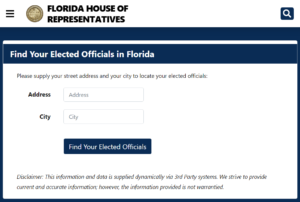
3. Click the “Full Detail” Button.
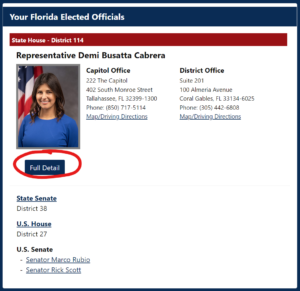
5. Email Representative (it is here you can express your specific concern about these bills or anything else).
6.You can locate your Florida Senator (and US Senator and Representative) here: www.flsenate.gov/Senators/Find.
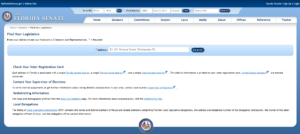
7. You can email your Senator by selecting the “Email this Senator” button (it is here you can express your specific concern about these bills or anything else).
I’d also like to recommend reaching out to the current Speaker of the House, Paul Renner, and upcoming Speaker of the House, Daniel Perez. I have included their contact information below:
Paul Renner, 2022-2024 Speaker of the House
Capitol Phone: (850) 717-5019
Email: paul.Renner@myfloridahouse.gov
Capitol Address:
420 The Capitol
402 South Monroe Street
Tallahassee, FL 32399-1300
Daniel Perez, 2024-2028 Speaker of the House
Capitol Phone: (850) 717-5116
Email: daniel.perez@myfloridahouse.gov
Capitol Address:
422 The Capitol
402 South Monroe Street
Tallahassee, FL 32399-1300
My last suggestion is to never, ever think that your voice and vote does not matter.
In our Democracy both matter. A lot.
Not only do I encourage you to share your concerns about these current Bills or anything else that’s on your mind but to please vote in every single election as if our futures depend on it (because it does). And ask all of your friends and family to vote too.
2024 is a critically important election year, perhaps the most important election in our lifetimes, so please vote. And when you vote please consider politicians who are committed to working on the core causes of our climate crisis including the elimination of fossil fuel use in addition to the other issues important to you.
Together, we can make a difference and move our country forward in ways that help our environment and future generations.
